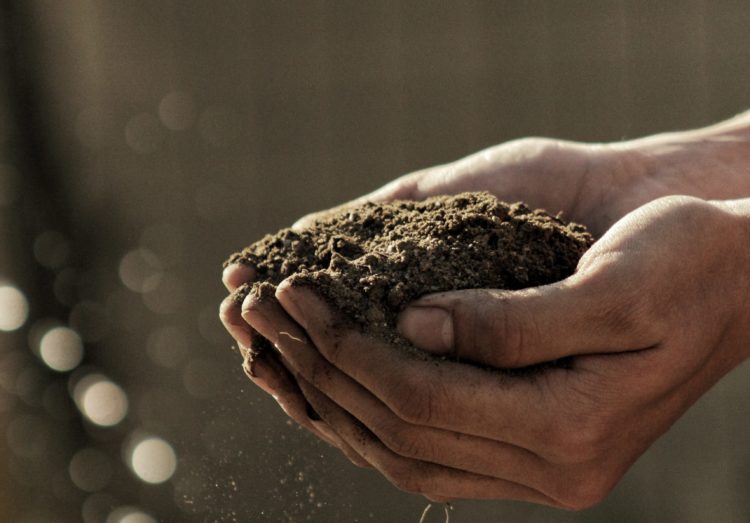Farmers across the United States are beginning to worry about their future in the wake of a recent report from the US Global Change Research Program (USGCRP), which claims that impending climate change may render some fertile lands useless. According to the report, “The impacts of climate change are already being felt in communities across the country,” and the situation is expected to get much worse. While all economic sectors will feel the hit, the country’s agricultural industry is the most vulnerable.
“More frequent and intense extreme weather and climate-related events, as well as changes in average climate conditions, are expected to continue to damage infrastructure, ecosystems, and social systems that provide essential benefits to communities. Future climate change is expected to further disrupt many areas of life, exacerbating existing challenges to prosperity posed by aging and deteriorating infrastructure, stressed ecosystems, and economic inequality. Impacts within and across regions will not be distributed equally. People who are already vulnerable, including lower-income and other marginalized communities, have lower capacity to prepare for and cope with extreme weather and climate-related events and are expected to experience greater impacts.”
The effects are already being felt on America’s farms. While a warming climate means that farmers further north can now grow cash crops like soybeans, it also means that other growers are fighting against near-constant droughts, according to one report from United Press International (UPI). Other changes include more substantial flooding which has hurt crops like corn.
“It’s going to be management of extremes,” said North Dakota farmer Paul Overby, during an interview with UPI. “It might be really dry one year and really wet the next. But we are going to have to grow either way.”
Some farmers, like Overby, are taking that change in stride, and are switching up their tactics in an attempt to outlast the weather. While he is unsure of what the next year will bring, he believes that by focusing on protecting the soil’s precious nutrients he can ensure his field’s survival. To increase resilience, farmers like Overby are beginning to plant crops like rye and barley in the winter. These plants help the ground retain nutrients, and make it more resistant to extreme weather events, such as floods and droughts.
Despite success stories like Overby, not every farmer is taking notes. Arkansas soybean farmers lost a collective $77 million during 2018 after a heavy wet season wrecked crops and interrupted the harvest, according to one report from local news outlet KY3 from Missouri. Much of the damage was caused by Tropical Storm Gordon, proving that even landlocked states are not immune to tropical systems. The message from USGCRP is clear: The agricultural industry must begin to take action now if it plans to survive.
Already have an account? Sign In
Two ways to continue to read this article.
Subscribe
$1.99
every 4 weeks
- Unlimited access to all articles
- Support independent journalism
- Ad-free reading experience
Subscribe Now
Recurring Monthly. Cancel Anytime.











COMMENTS